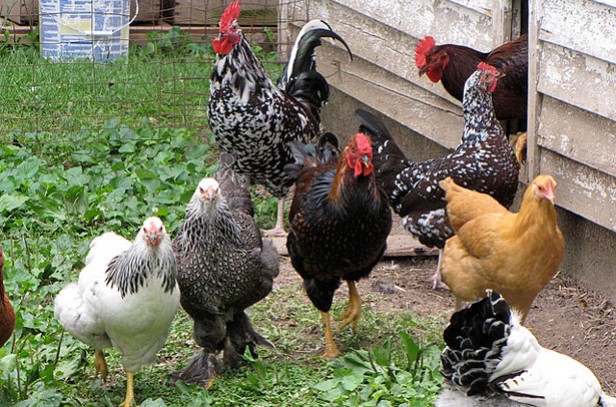When poultry farms switch from conventional to organic farming practices, they almost immediately start seeing way fewer drug-resistant bacteria.
A new study looked at two types of enterococcus, a bacterium commonly found in poultry excrement that can also lead to drug-resistant infections in humans. All the farms tested positive for Enterococcus faecalis and Enterococcus faecium, which the researchers expected. But on farms that had switched to organic practices, 10 percent of E. faecalis was resistant to multiple antibiotics, versus 42 percent of the bacteria from conventional farms. And on conventional farms, a stomach-troubling 84 percent of E. faecium was multi-drug-resistant, versus 17 percent from newly organic farms. Researchers said these improvements showed up even in the first flock after farms went organic.
This makes sense if you remember the warnings about antibacterial soap leading to drug-resistant germs. Chickens in conventional farms are fed antibiotics, which kill off some germs but allow the strongest to survive. But researchers were surprised by the speed and magnitude of the change when farms moved to organic practices.



